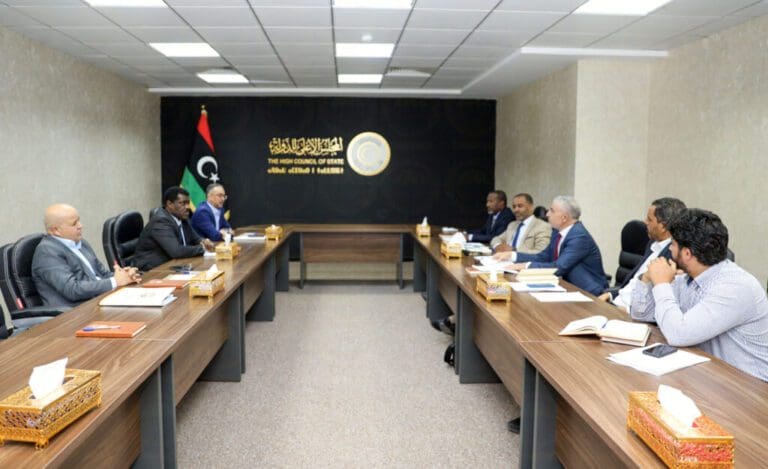The work of the joint committee (6+6) entrusted by the Libyan House of Representatives and the High Council of State with the elaboration of electoral laws for the legislative and presidential elections in Libya started on Monday in Bouznika (suburb of Rabat).
This meeting aims at drafting laws to organize the legislative and presidential elections, in accordance with the roadmap announced at the end of February by the UN envoy Abdallah Batili.
The Libyan delegations and the United Nations Support Mission in Libya (UNSMIL) are meeting in Bouznika from Monday within the framework of consultation meetings.
Morocco is thus pursuing its efforts to find a definitive solution to the Libyan crisis in order to guarantee the unity, stability and progress of Libya by supporting its actions aimed at organising elections in a comprehensive, inclusive and pragmatic framework.
The Bouznika meeting is a continuation of the series of meetings hosted by the Kingdom, bringing together different Libyan parties to deepen the dialogue on ways and means to resolve the crisis in this country in an approach that promotes the appropriate space for dialogue and constructive consultation.
These meetings had led to important agreements that could boost the settlement process, most notably the Skhirat Agreement (2015), the agreement between the Speaker of the House of Representatives, Akila Saleh, and the President of the Libyan High State Council, Khalid El Machri, in October 2022 on the implementation of the results of the Bouznika process regarding the positions of sovereignty and the unification of the executive power.
Morocco believes that the issue of legitimacy in Libya can only be resolved through presidential and parliamentary elections that will allow the Libyan people to choose who they would like to take over political governance in the country.
HA/lb/abjAPA


